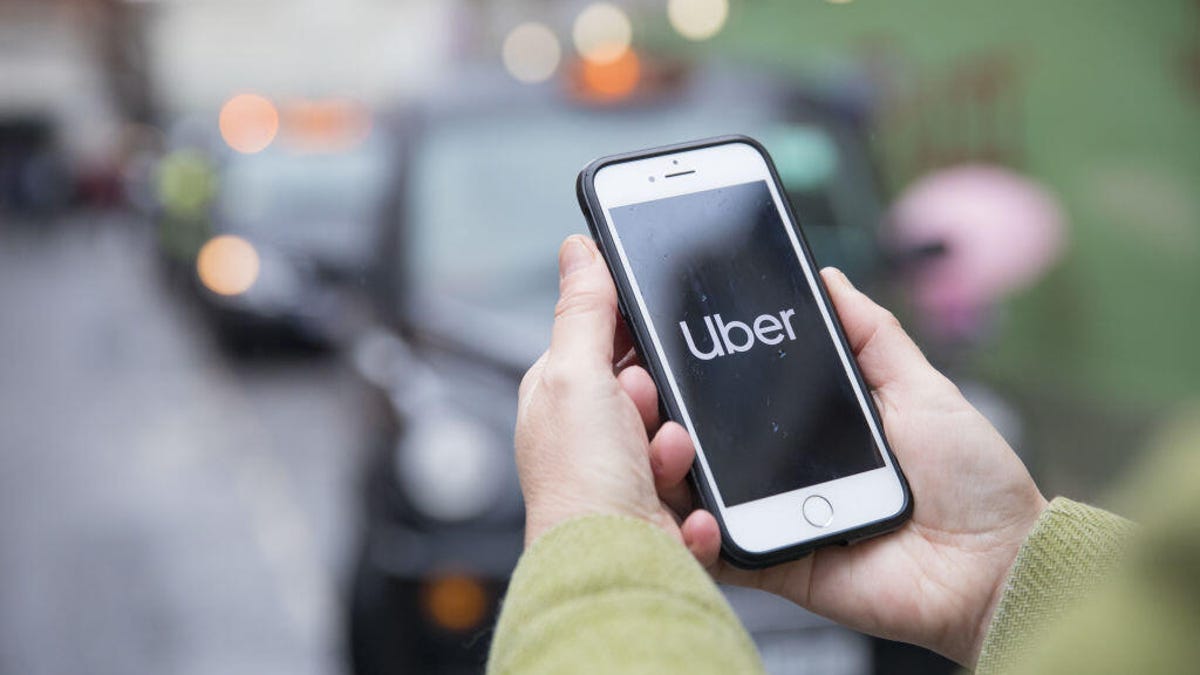Uber drivers are workers and deserve rights, UK Supreme Court rules
The decision comes as a blow to Uber, which has been fighting the case since 2016.

Uber's struggles in the UK continue.
Uber lost a major long-running battle in the UK on Friday, when the country's Supreme Court ruled that Uber drivers should be classed as workers rather than self-employed and therefore deserve some rights. The decision means that a group of drivers who brought a legal challenge against Uber five years ago were entitled to minimum wage and holiday pay.
The court clarified that those entitlements should be calculated from the moment drivers log on to start work to the moment they log off, rather than just while they had a passenger in their vehicle. The ruling could have far-reaching consequences not just for Uber, but for the wider gig economy and minicab industry in the UK.
The case was originally brought to an employment tribunal in 2016 by drivers James Farrar and Yaseen Aslam, with an initial ruling made in their favor. Uber has challenged the ruling multiple times, but every court the case has passed through has upheld the tribunal's original decision.
"This ruling will fundamentally re-order the gig economy and bring an end to rife exploitation of workers by means of algorithmic and contract trickery," said Farrar, who serves as general secretary of the App Drivers and Couriers Union, in a statement on Friday. "Uber drivers are cruelly sold a false dream of endless flexibility and entrepreneurial freedom. The reality has been illegally low pay, dangerously long hours and intense digital surveillance."
Together Farrar and Aslam called on the government to protect vulnerable gig economy workers by strengthening the law so that they have access to sick pay and protection from unfair dismissal.
In a blog post, Uber pointed out that there's a distinction in UK law between worker and employee and that the decision doesn't grant Uber drivers full employee status. It also emphasized that the ruling applies only to the drivers who initially brought the case and that many of the issues called out in the judgment no longer apply, given changes it had made since that time.
"We respect the Court's decision which focussed on a small number of drivers who used the Uber app in 2016," said Uber's Regional General Manager for Northern and Eastern Europe Jamie Heywood in a statement. "Since then we have made some significant changes to our business, guided by drivers every step of the way. These include giving even more control over how they earn and providing new protections like free insurance in case of sickness or injury."
Heywood added that the company is committed to doing more and will now consult with active drivers across the UK to understand the changes they want to see.
See also: Uber vs. Lyft: We compare the two ride-hailing apps

